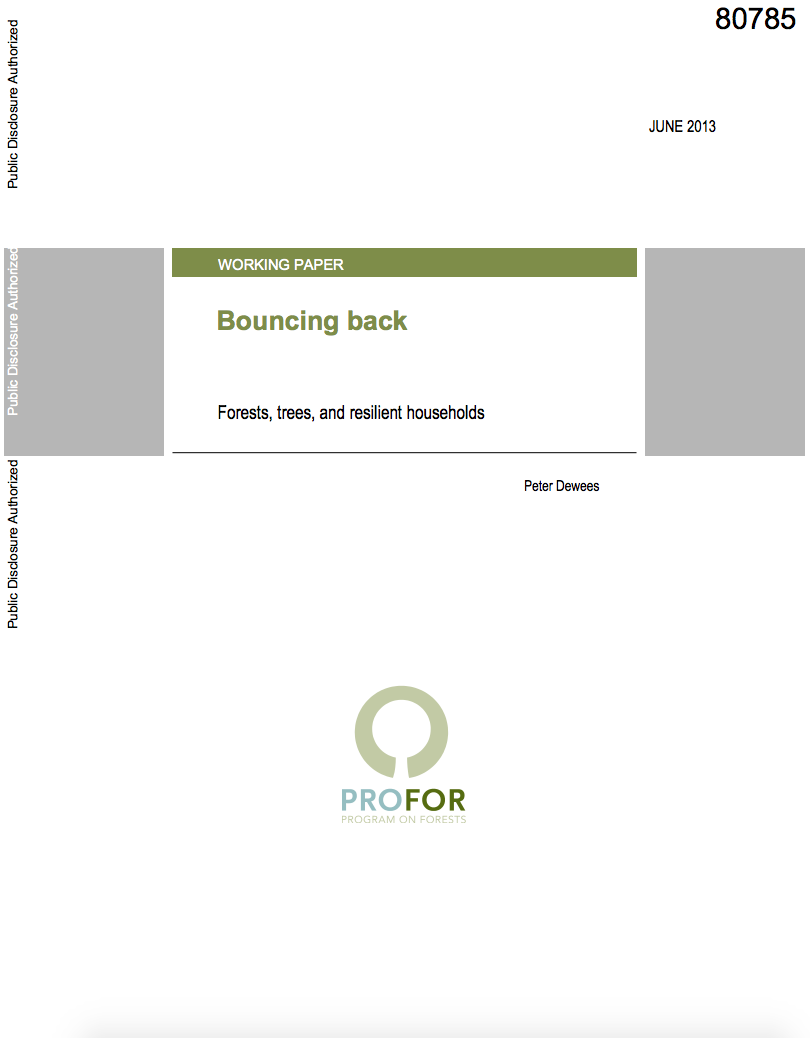Brazil's Experience with Payments for Environmental Services
Since 2006, there has been an explosion
of Payments for Environmental Services (PES) projects in
Brazil, as well as efforts to pass PES laws at federal,
state, and municipal levels. Even in this short period, an
extraordinarily rich range of experiences has developed,
with examples of the application of PES at a variety of
scales, ranging from microwatersheds to entire states; in a
variety of contexts, from remote forest frontier areas to


